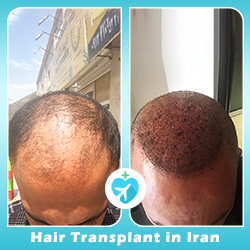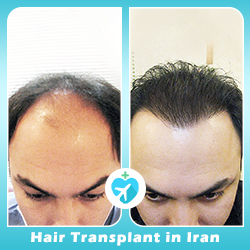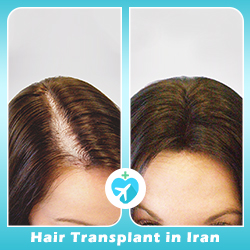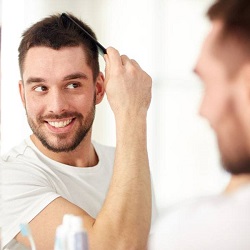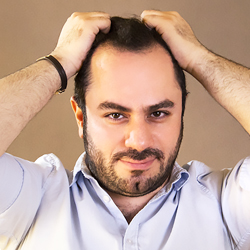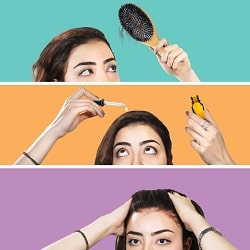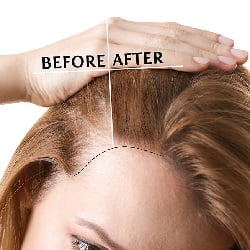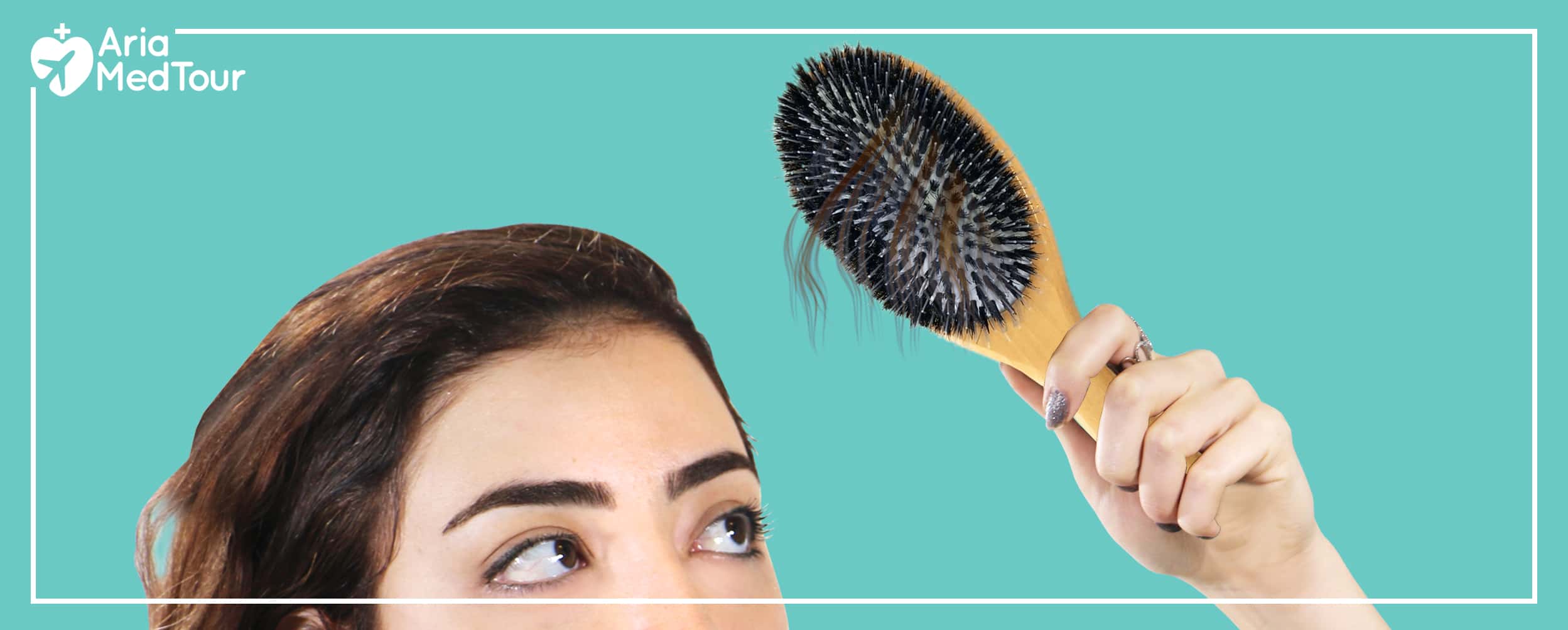 Hair loss can be a woman’s nightmare as hair plays a key role in her beauty. It could be really damaging to young women’s confidence, emotional well-being and quality of life in particular. However, we do not mean the few strands you notice when washing or combing your hair as it is normal to lose up to one hundred strands of hair daily.
Hair loss can be a woman’s nightmare as hair plays a key role in her beauty. It could be really damaging to young women’s confidence, emotional well-being and quality of life in particular. However, we do not mean the few strands you notice when washing or combing your hair as it is normal to lose up to one hundred strands of hair daily.
Serious hair loss, needing treatment, can be classified into several types. It can happen in the form of thinning hair or total hair loss, gradually or suddenly, at an old or young age. Now the question would be why this happens.
Causes of hair loss in women
Hair loss can happen for a variety of reasons including: hormonal imbalance, diet, genetics, extreme physical or emotional stress, illness, medical treatments, aging and hairstyle. As you may know, when one goes through chemotherapy, one of the most common side effects would be hair loss. Women also lose hair after giving birth and postpartum hair loss continues up to 3 months after the labor. Anyhow, when you notice hair loss, the first step to take should be seeing a doctor. That being said, in the following lines, here are some suggested treatments provided.
Types of treatments for hair loss in women
In case hair loss occurs because of hormonal imbalance as a result of pregnancy or menopause, no treatment is needed. All you need to do is wait for your hormone levels to return to normal for your hair to stop falling out. If this is not the case, or even in the above-mentioned cases, your hair loss won’t stop until the cause goes away. There are several treatments for certain types of hair loss. These treatments can reverse the hair loss process or slow down thinning. Next, we will recommend some possible treatments.
Medication treatments for hair loss in women
There are several types of medication such as minoxidil (Rogaine, generic version), anti-androgens and iron supplements which can help hair loss.
Minoxidil was first prescribed for high blood pressure, but the patients who took it, reported hair growth in their bald patches. Therefore, they started producing it in the form of liquid and foam for direct application. It is supposed to be applied and rubbed onto the scalp on a daily basis. In order to see the favorable result, you should wait six months at least. However, there are some side effects associated, among which there are: scalp irritation, unwanted hair growth on your face and hand skin and fast heart rate.
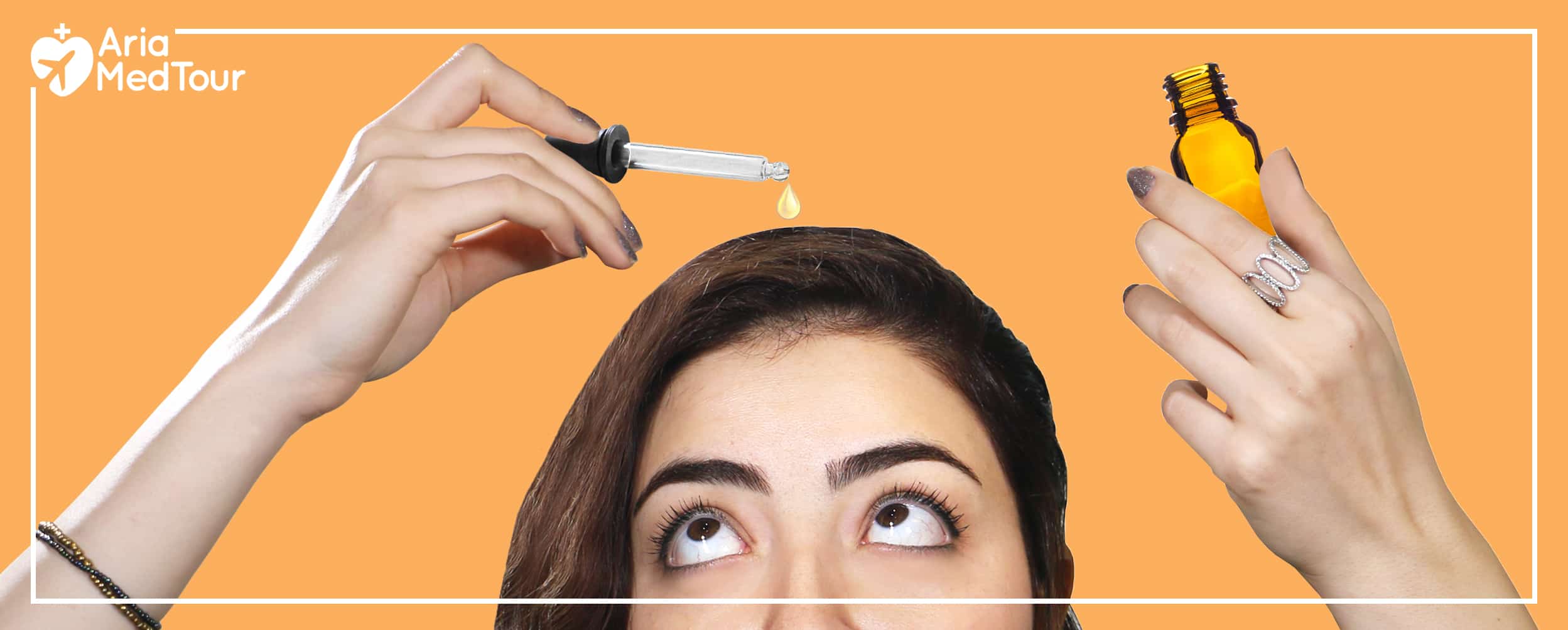
Minoxidil is a common treatment for hair loss in both women and men, which is applied to the scalp on a daily basis to stimulate hair growth.
Anti-androgens are another type of medication used to treat hair loss in women. Androgens contain testosterone and some other male hormones. These hormones can provoke hair loss in women or accelerate it. Therefore, if minoxidil doesn’t work, the addition of anti-androgen drug, spironolactone (Aldactone), could help treat androgenic alopecia. In this case, spironolactone is usually prescribed along with an oral contraceptive. There are side effects associated with this treatment too: weight gain, depression, fatigue and loss of libido.
In cases where hair loss is caused as a result of iron deficiency, iron supplements can be helpful. This concern exists especially for vegetarians, those with history of anemia or heavy menstrual bleeding.
Non-drug hair loss treatments for women
Hair loss can be due to stress, hairstyle, dietary deficiencies and so on. In such cases, other treatments should be considered.
- Change your hairstyle
Some particular hair styles including braids, buns, pony tails, and other hairstyles involving tightly pulling the hair can cause damage to the hairs and loosen them. Do not twist or rub your hair. Do wash or comb your hair gently. Use a wide-toothed comb that does not pull the roots. Avoid using hot rollers, hot oil treatments, bleaching, curling or straightening irons. Chemical processes can also be damaging to your hair and you would better avoid them.
- Watch your diet
Your daily diet plays an important role in your hair health. Try to include more foods rich in vitamins and minerals. Eating a variety of whole foods can help hair regrow. You can also consult a doctor to discover which vitamins your diet is missing.
You can also ask your doctor to see whether you are in need of taking iron or zinc supplements.
- Manage your stress
This recommendation is about the stresses of everyday life. To manage this kind of stress, you can do yoga or meditation.
- Consider a hair transplant
Althought hair transplantation is normally a male procedure, it can be an option for certain women who suffer from hair loss. Make sure to consult with a specialist to find out if you’re a good candidate for a hair transplant.
Last but not least is to face it. Hair loss can affect you psychologically. You must accept it and learn how to live with it, otherwise life would be difficult. Your problem may be temporary or lasts for years. Try to be patient and do not trust so-called miracle cures. Do not let dishonest people take advantage of your despair.

